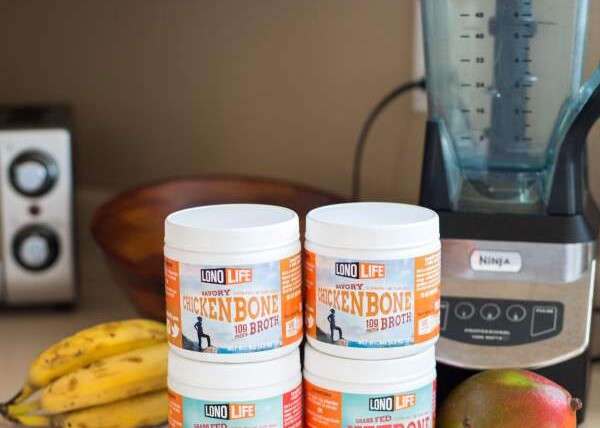Here’s a word you won’t hear often from us: psychoneuroimmunology. Psycho what, you ask? (We know, it doesn’t roll off our tongues very well either!) Psychoneuroimmunology (also known as PNI) is the study of the interactions among behavioral, neural and endocrine, and immune processes. In other words, it refers to how our stress levels can impact the way our immune system (among other systems) functions. (You can read more about how stress weakens the immune system here.)
Have you ever had an incredibly stressful week only to find that you wake up with a sore throat a couple of days later? That’s because stress weakens your immune system. While we can’t avoid stress entirely (you only have to turn on the news to feel the anxiety rising) we can control how we deal with it. The following are some simple ways you can work to deal with your own stress level so it doesn’t lower your immunity and make things worse.
TAKE A WALK IN NATURE
According to a study sponsored by the Environmental Protection Agency, the average American spends, on average, 87% of their time indoors and 6% in an enclosed vehicle. Yet just a small amount of time in nature can have a positive impact on our health and well-being. Whether it’s the smell of trees, the sound of the breeze, the feeling of the air on your skin, or the ground under your feet, getting outside in nature is good for your state of mind. Next time you feel yourself getting stressed, take a short break and get out of the house (or office.)
SPEND TIME WITH YOUR PETS
Did you know that interacting with your pet can help lower your cortisol (a stress related hormone) levels as well as your blood pressure? In fact, spending time with our animals can positively impact everything from feelings of loneliness and social isolation to our overall mood. So go on — snuggle up with your dog for a few minutes and bust that stress!
BREAAAAAATHE
If we don’t breathe, we can’t live. But how we breathe is another thing all together. When we are stressed, we often “shallow breathe” — breathing from our upper lungs — which can lead to even worse feelings of anxiety. Instead, when you start to feel stressed, focus on your body’s breathing rate and pattern by breathing more slowly and more deeply which will, in turn, stimulate your parasympathetic response (your body’s way of calming itself down.) When you breathe like this, you reduce your blood pressure and heart rate as well as any muscle tension. We love the app Calm which offers a multitude of breathing and meditation exercises (amongst other things) which you can tap into whenever you feel the stress rising.
PUT PEN TO PAPER
It’s often the unknown that gets us the most stressed, and feeling like we don’t have control of a situation makes us imagine worst-case scenarios. The solution: put pen to paper and create an action plan. While you might not be able to fix everything right now, knowing you have a road map in place of steps you can take is incredibly helpful for your state-of-mind.
Of course, these are just the tip of the iceberg when it comes to stress-busting tactics. You might find that meditation, yoga, going for a run, or settling down with a steaming cup of healing bone broth while reading a book work for you, but the biggest takeaway is this: get on top of stress before it gets on top of you!


























